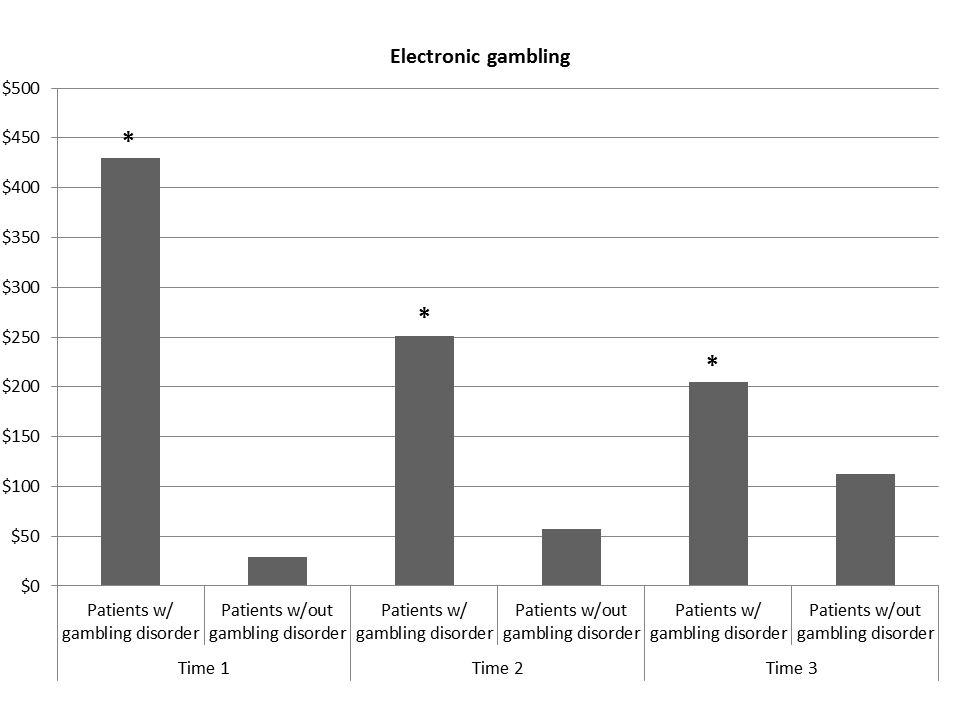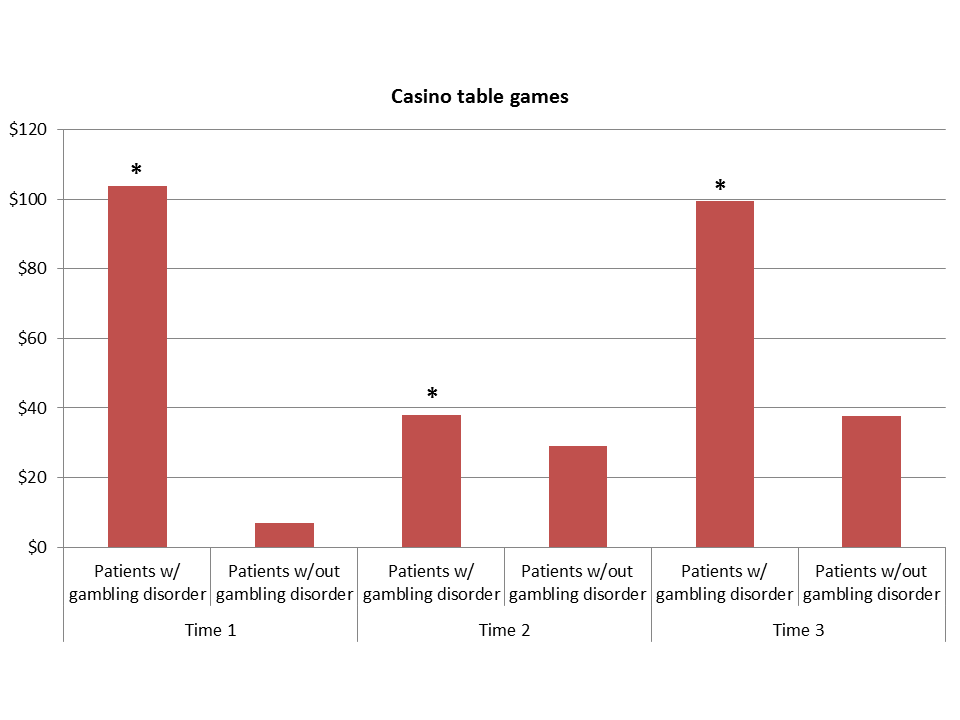The WAGER, Vol. 21(7) – Are those in methadone maintenance at increased risk for excessive gambling after a new casino opens?
For a long time, many have assumed that gambling expansion inevitably would lead to increased rates of gambling and gambling related problems. Research indicates that the relationship between gambling expansion and behavior is more complicated—gambling expansion will affect different communities in different ways. This week, as we continue our Special Series on Opioid Dependence and Recovery, The WAGER reviews a study by Jessica Palmer-Bacon and her colleagues that explored the impact of a new casino on a population vulnerable to co-occurring mental health problems, those in methadone maintenance treatment (MMT).
What was the research question?
Among those in a MMT program, does gambling behavior change after the introduction of a new casino in close proximity to treatment? Does it depend on pre-existing gambling problems?
What did the researchers do?
The researchers randomly selected 50 patients with gambling-related problems and 50 patients without gambling-related problems, who were in a MMT program located in Baltimore, Maryland. Participants completed face to face assessments at three time points: before the casino opened (Time 1); 3 months after the casino opened (Time 2); and 6 months after the casino opened. Palmer-Bacon and colleagues assessed participants for past-month gambling behavior, past-year gambling disorder using DSM-5 criteria, past-month alcohol and drug use, and impulsivity. They used longitudinal mixed models to assess differences between groups over time.
What did they find?
As Figure 1 shows, there were no statistically significant changes in gambling behaviors from Time 1 to either Time 2 or Time 3 in either of the two groups. In other words, both groups showed the same extent of change over time. The authors did note that patients without gambling related problems reported a small, but non-significant increase in their past-month spending between Time 1 and Time 3 follow-up. Patients with gambling related problems reported small, but not significant decreases in their past-month spending on both types of games from Time 1 to Time 3. At each time point, those with gambling-related problems reported spending more money in the past month on both electronic games and casino table games than those without problems.
Figure. Comparing patients with and without gambling disorder on money spent gambling on electronic gambling machines and casino table games in the past month (adapted from Palmer-Bacon et al, 2016). Note. *indicates statistically significant differences between the two groups of patients at the given time point. Click images to enlarge.
Why do these findings matter?
The opioid epidemic continues in the United States and globally. We know that the environment plays an important role in addiction and recovery. As gambling expansion continues, it is important for addiction treatment administrators to recognize and address changes in the environment that could negatively impact treatment outcomes. In this case, it appears that, at least in the short term, the opening of a nearby casino did not increase the gambling behavior of those in MMT regardless of pre-existing gambling problems. Nonetheless, it is important to monitor a diversity of outcomes that are possible.
Every study has limitations. What are the limitations in this study?
These results rely on a small random sample of patients drawn from a convenience sample from a previous study of a single MMT program in Baltimore, Maryland. This convenience sampling strategy makes it difficult to generalize these results more broadly to those in MMT elsewhere. The length of follow-up also is a potential limitation. It is possible that following this sample for a year or longer might begin to show longer term changes in gambling behavior. Another potential limitation is that gambling expansion in the study environment began before the new casino opened. Although the most recent casino was located approximately 1 mile away, it was the fifth new casino introduced in the state in the 4 years prior to the study. It is possible that MMT patients had already experienced changes to their gambling behavior due to expansion in the gambling environment prior to the study period.
For more information:
If you or a loved one is struggling with gambling or drug problems, please visit our addiction resources page. For more information about Medication-assisted treatment, please visit the Substance Abuse and Mental Health Services Administration website.
–John H. Kleschinsky
What do you think? Please use the comment link below to provide feedback on this article.

